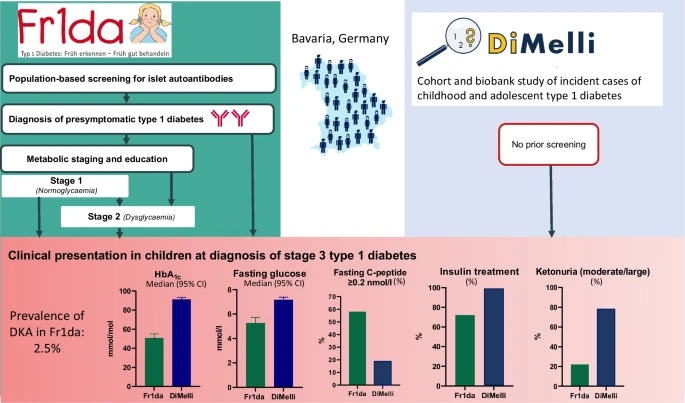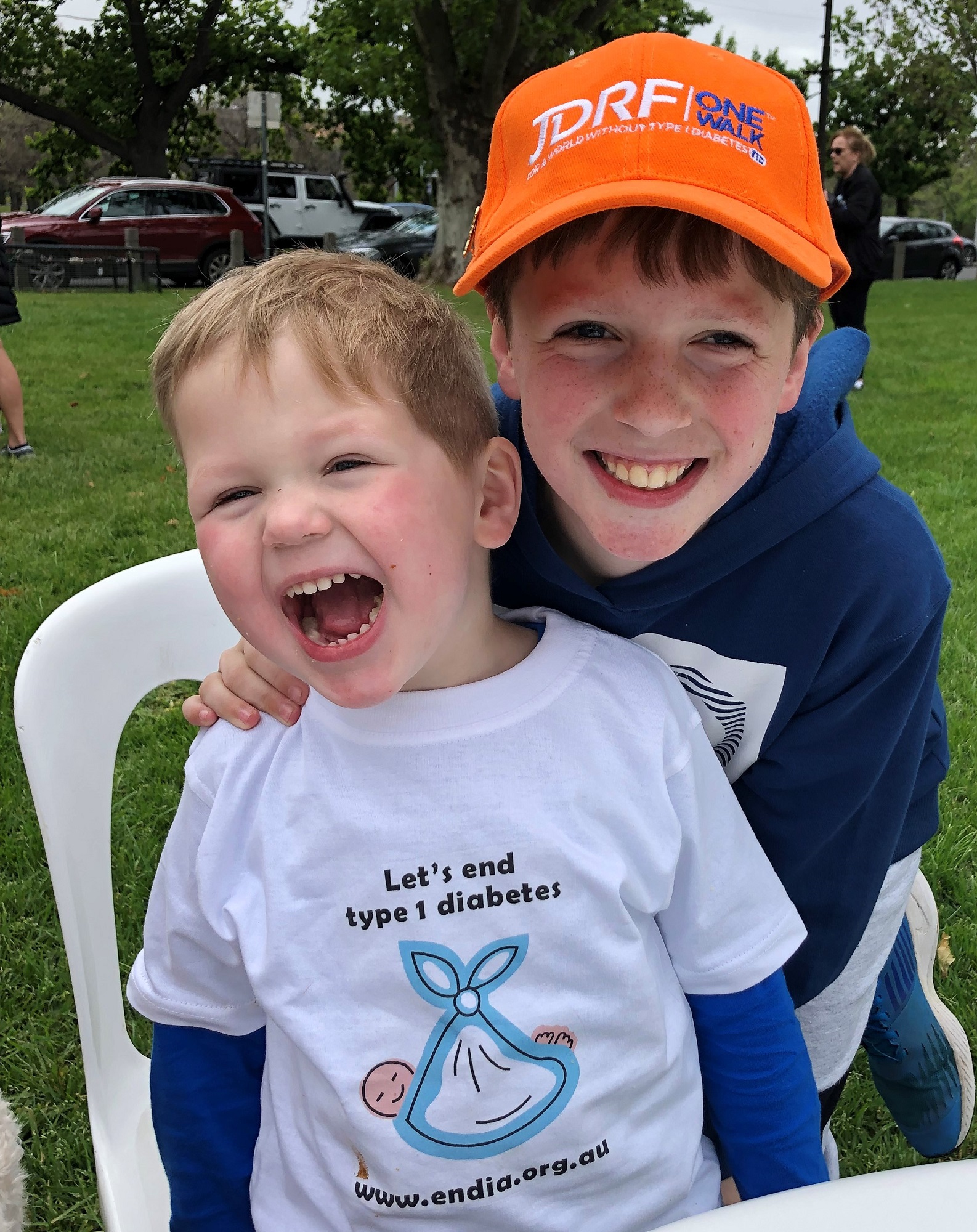An exciting new study aiming to delay the progression of type 1 diabetes is launching soon in Australia
This heralds an important time to consider screening family members for the early markers of type 1 diabetes (islet autoantibodies)

Two new trials investigating baricitinib to delay T1D – Breakthrough T1D
In a landmark move for type 1 diabetes (T1D) research, Eli Lilly and Company has announced the launch of two new global phase 3 clinical trials testing baricitinib, an oral medication aiming to delay or slow type 1 diabetes progression.
Baricitinib, is a medication known as a JAK inhibitor. It is already approved for autoimmune conditions like rheumatoid arthritis. The tablet targets overactive immune pathways while also protecting insulin-producing beta cells. The therapy gained attention after the Australian BANDIT trial—funded by Breakthrough T1D and led by Professor Tom Kay and our own Prof John Wentworth at St. Vincent’s Institute of Medical Research (SVI) in Melbourne—showed that baricitinib helped people recently diagnosed with T1D maintain their own insulin producing cells and spend more time in target glucose range.
Now, Lilly’s BARICADE program will build on that success with two key studies:
- BARICADE-DELAY: testing whether baricitinib can prevent or delay the onset of T1D in people at high risk (stage 2).
- BARICADE-PRESERVE: testing whether it can preserve beta cell function in people newly diagnosed with T1D (stage 3).
Both trials are double-blind, placebo-controlled, and will begin recruiting participants aged 1–36 years soon.
💬 “We’re thrilled that Lilly is advancing clinical research with baricitinib,” said Dr. Sanjoy Dutta, Chief Scientific Officer at Breakthrough T1D. “This brings us one step closer to making it available for people with type 1 diabetes.”
💬 Professor Kay added, “Baricitinib maintained insulin production for a year in our trial—a very exciting outcome. We hope the BARICADE studies confirm this and lead to real-world use for people with or at risk of type 1 diabetes.”

👉 Why it matters: Baricitinib represents a potentially game-changing, once-daily oral therapy that could preserve the body’s own insulin production—reducing the daily burden of T1D and improving long-term outcomes.










